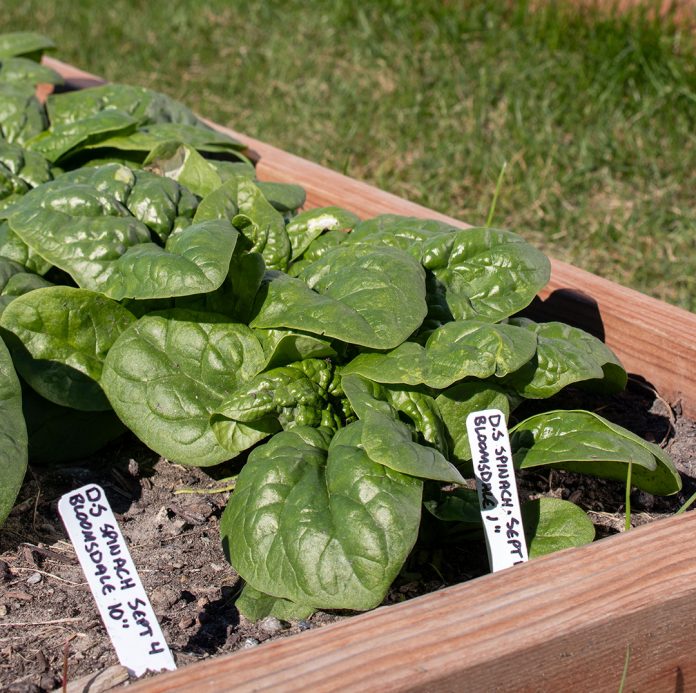Durham College is redefining food sustainability on campus through innovative practices and hands-on learning led by the Barrett Centre of Innovation in Sustainable Urban Agriculture.
Under the guidance of Kelly O’Brien, associate dean of the Faculty of Hospitality and Horticultural Science, several key operations—including the Urban Farm, Bistro ’67, and the Pantry—play a vital role in fostering sustainability on campus.
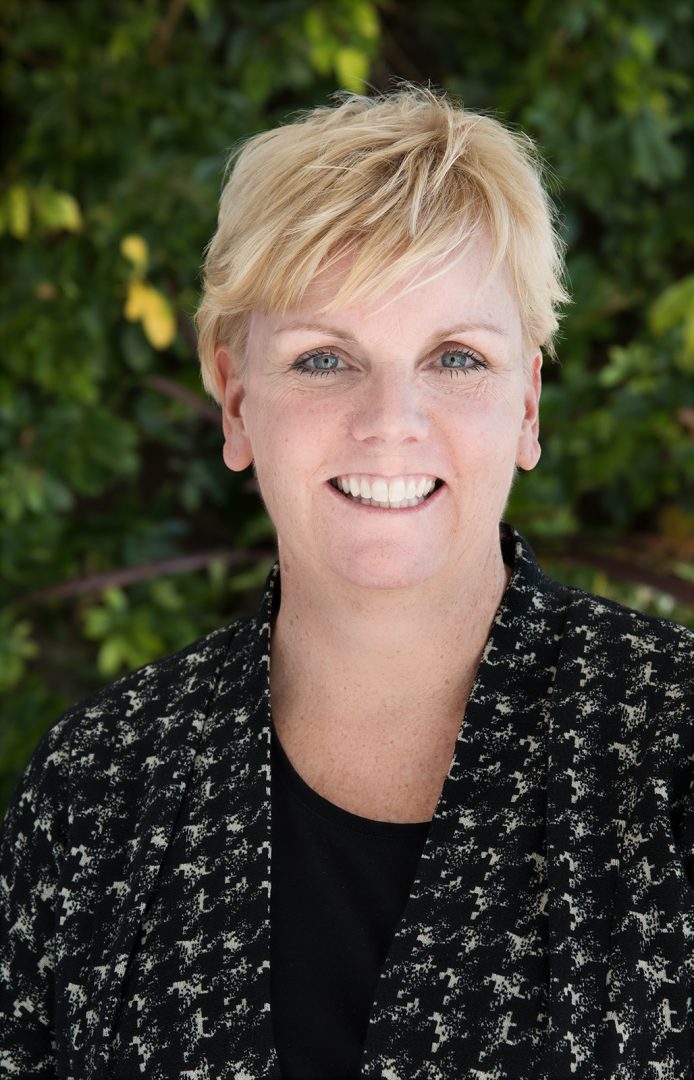
Bistro ’67, a teaching restaurant on the Whitby campus, reflects the college’s commitment to sustainable practices by serving fresh, locally sourced ingredients and offering hands-on training to culinary students.
Durham College produces much of its own food. “The coordination between the Urban Farm and our executive chef allows us to adjust menus based on seasonal availability, enhancing our sustainability,” O’Brien said.
O’Brien also oversees the Barrett Centre of Innovation in Sustainable Urban Agriculture, an external project funded by the Barrett Family Foundation, which focuses on advancing sustainable food systems that benefit students and the community.
Urban Farm field supervisor Andrew Guay highlighted how the farm’s produce is used in culinary courses and at Bistro ’67. “Any surplus is transformed into shelf-stable products by our culinary sustainability team, reducing waste and maximizing seasonal harvests,” he said.
Guay emphasized the importance of experiential learning. “Our culinary classes take part in field-to-fork labs, where students select produce from the farm and create a dish using only those items.”
This hands-on experience helps students engage with sustainable food practices.
Durham College promotes sustainability at multiple levels. “We have a zero-waste lab, and we also have a biodigester on campus,” O’Brien said.
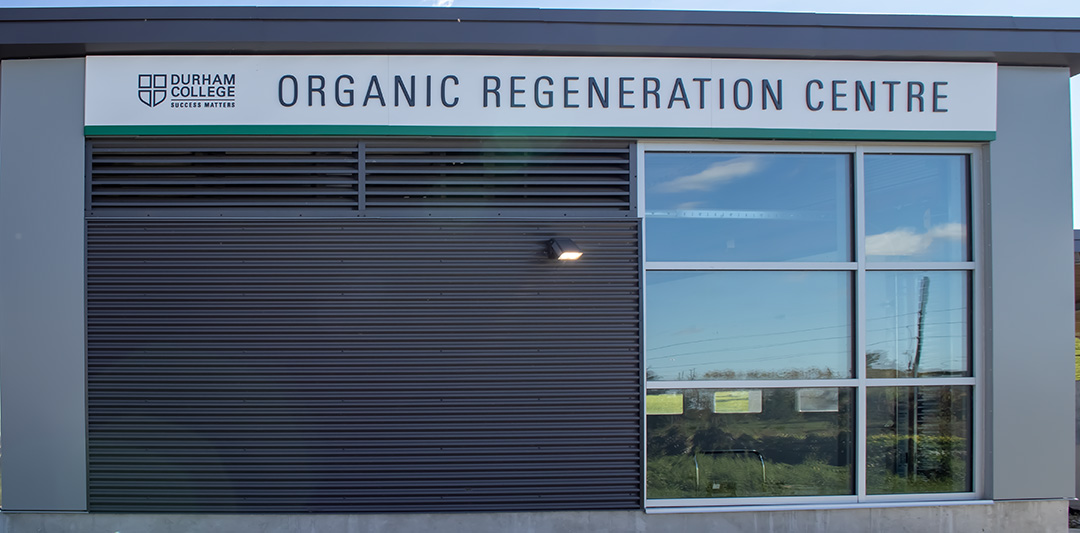
The biodigester plays a key role by converting food waste from culinary labs into nutrient-rich soil that replenishes the farm’s fields.
Non-traditional parts of produce, such as potato peels, are freeze-dried instead of being discarded. “We freeze-dried potato peels recently and turned them into potato powder—something that would otherwise go to waste,” O’Brien said.
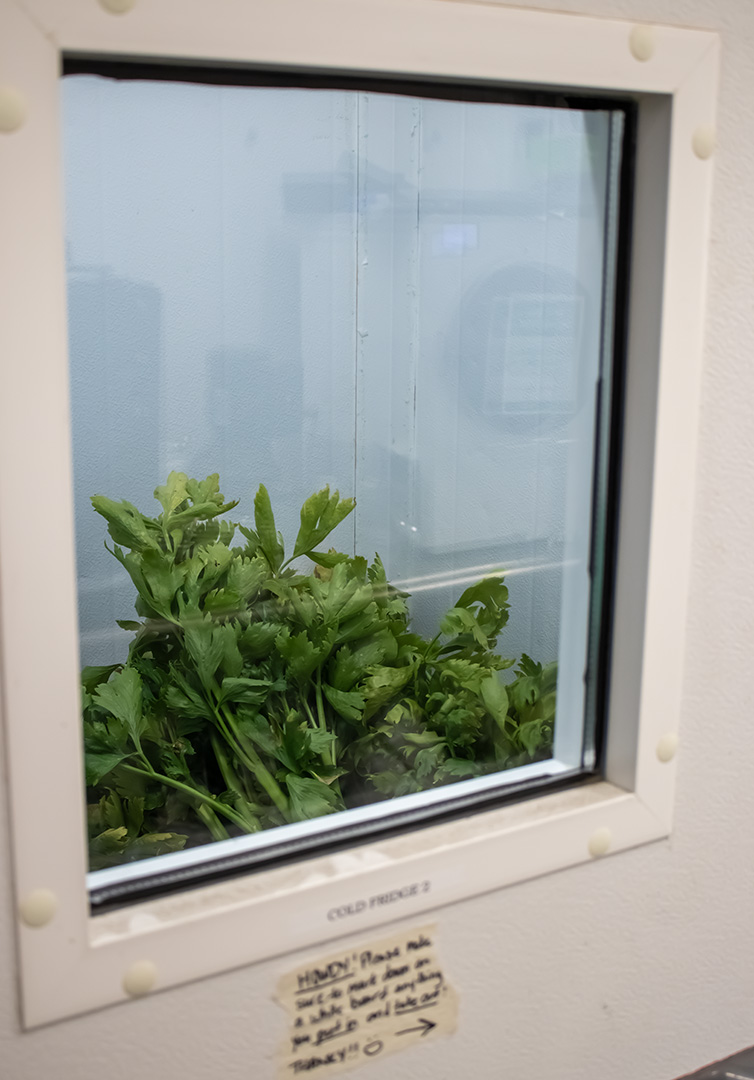
Jennifer Hoban, community engagement coordinator at the Barrett Centre, emphasized the importance of engaging youth in sustainability. “Connecting young people to the food system is critical to establishing beneficial habits, knowledge, and skills for preparing nutritious foods.”
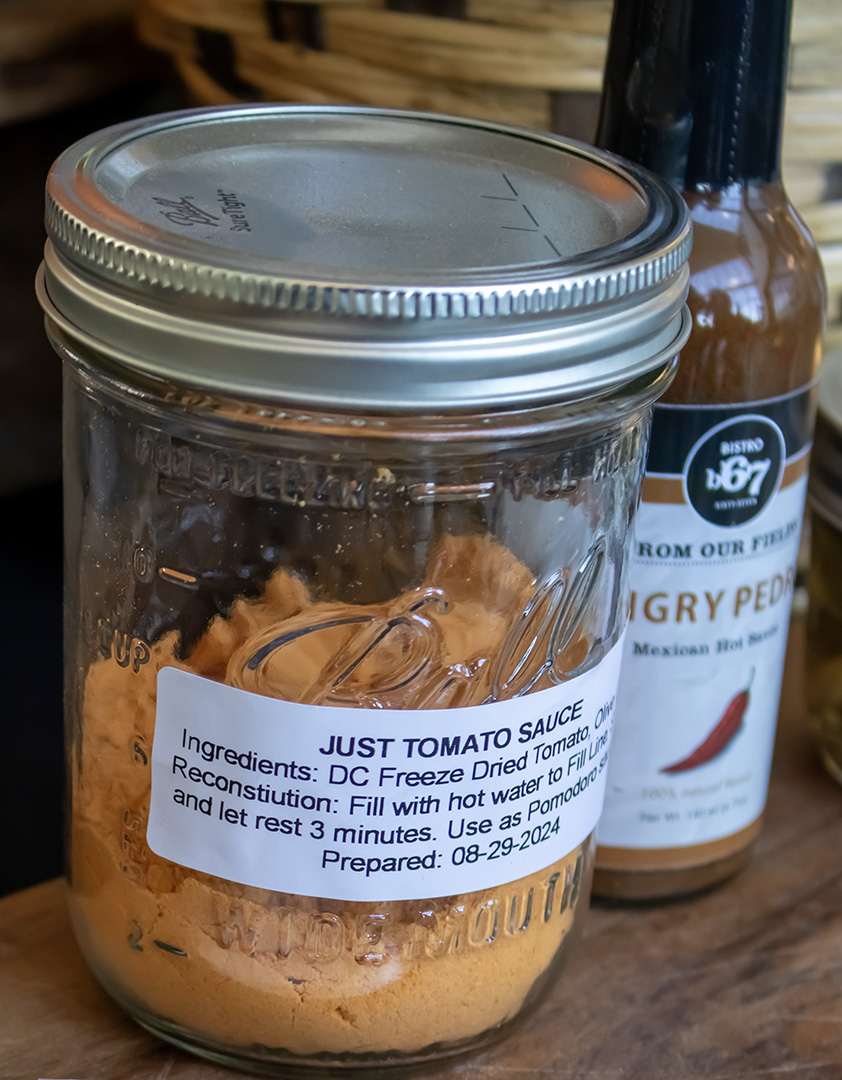
According to a recent study, Canadians waste about $49 billion worth of food every year, with households contributing half of this waste. On average a Canadian household wastes 79 kilograms of food annually, with vegetables, fruit, leftovers, bread, and dairy being the most wasted items.
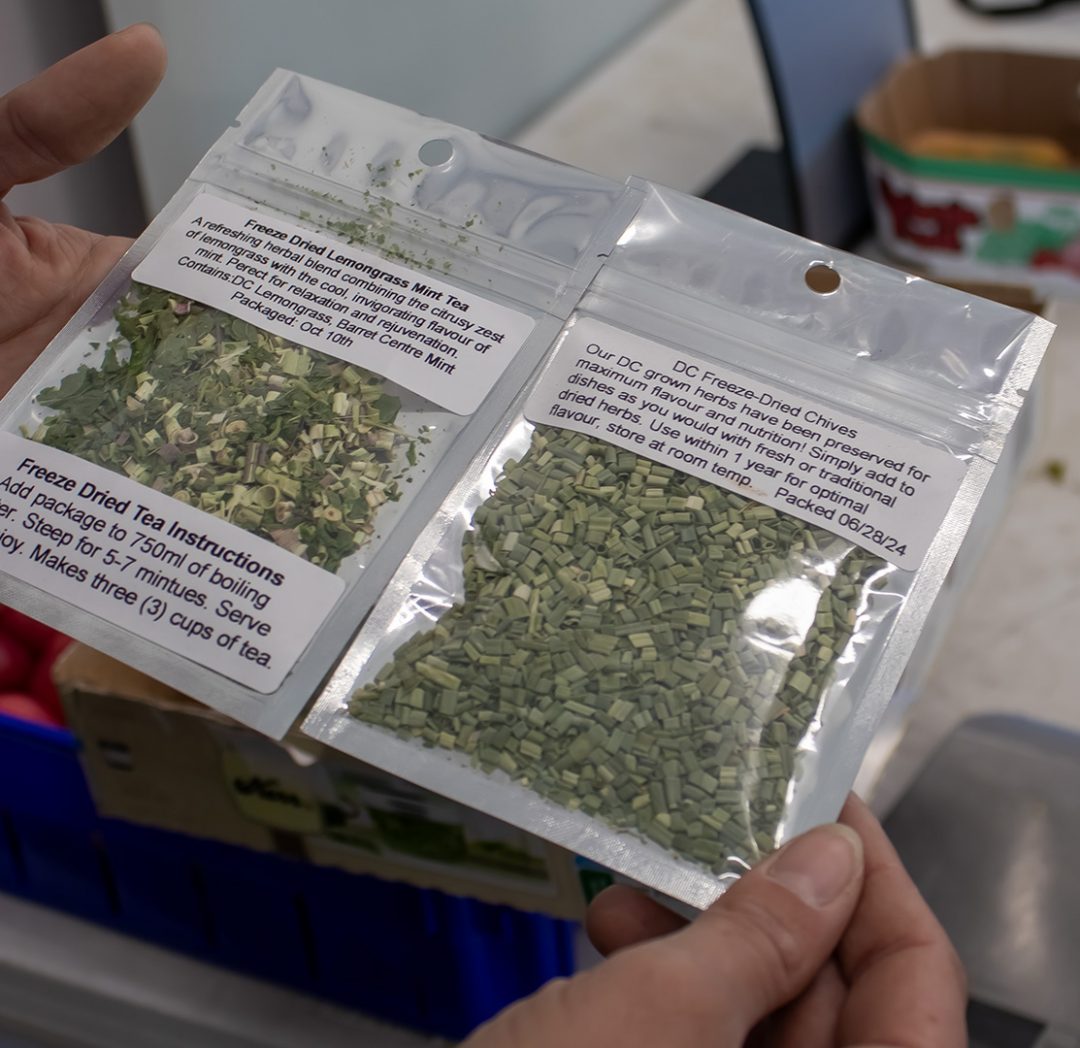
Durham College’s approach to sustainability also includes developing an open-education portal through the Barrett Centre.
“We’re creating resources on food production and processing, collaborating with global partners to build capacity, and training students to support local food systems with sustainability in mind,” O’Brien said.
Introducing the biodigester presented some challenges. “We are a learning environment,” O’Brien said. “Students needed to understand that non-compostable items, like measuring spoons, could disrupt the equipment and affect the quality of the byproducts.”
This hands-on learning experience has not only improved waste management but also deepened students’ appreciation of sustainable practices.
Looking ahead, the Barrett Centre aims to continue its impact by serving as a consultant for other institutions and expanding its work in sustainable urban agriculture. “While we primarily focus on community food distribution, we also advise and educate other organizations on sustainable projects,” Hoban said.
For O’Brien, food sustainability is more than just a practice—it’s a necessity.
“I think it has to be ingrained in everything we do,” she said.




